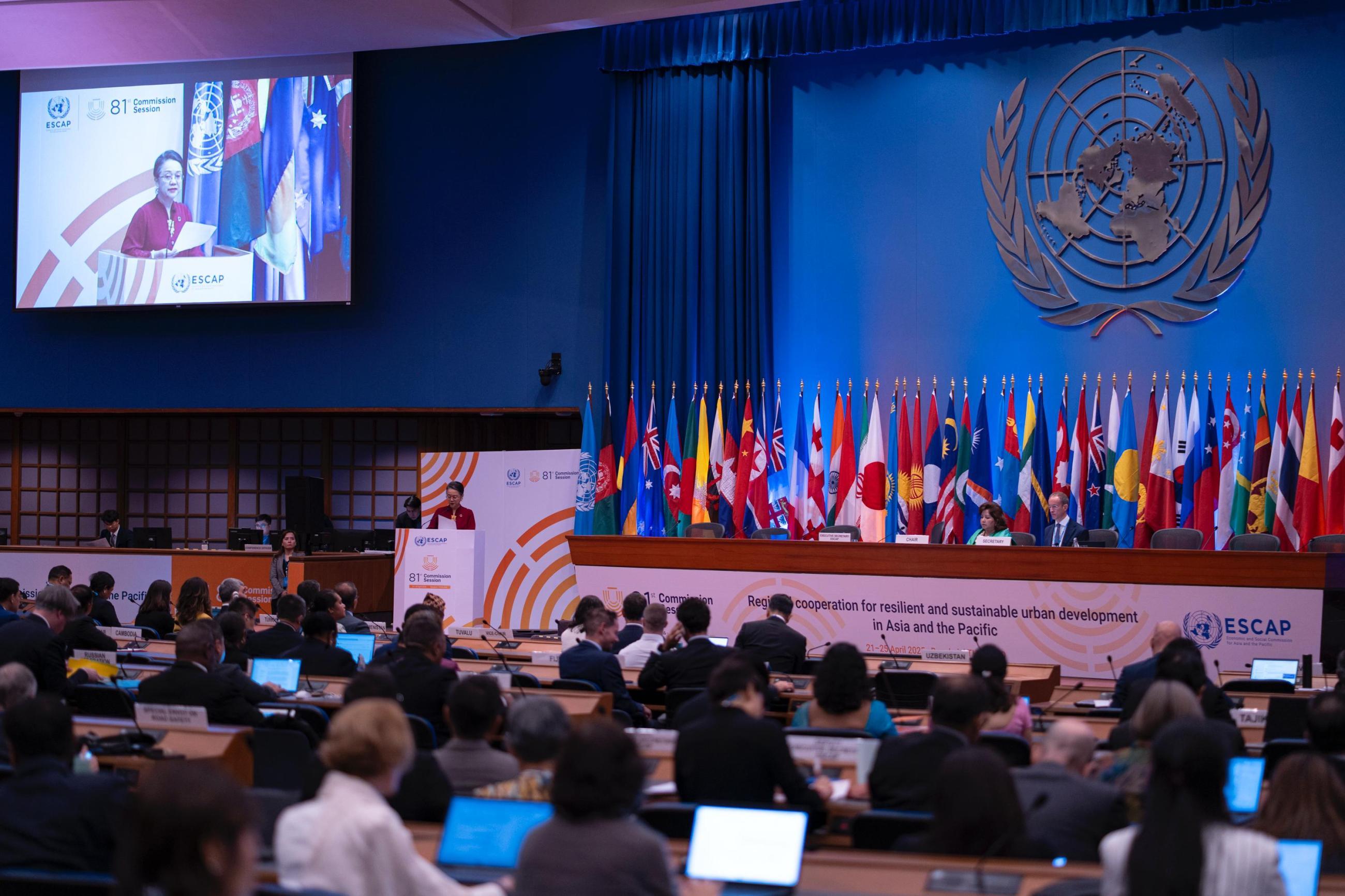- Courses
- GS Full Course 1 Year
- GS Full Course 2 Year
- GS Full Course 3 Year
- GS Full Course Till Selection
- CSAT
- 5 LAYERED ARJUNA Mentorship
- Public Administration Optional
- Online Program
- GS Recorded Course
- NCERT Batch
- Polity Module Course
- Geography Module Course
- Economy Module Course
- AMAC Module Course
- Modern India, Post Independence & World History Module Course
- Environment Module Course
- Governance Module Course
- Science & Tech. Module Course
- International Relations and Internal Security Module Course
- Disaster Management Module Course
- Ethics Module Course
- Essay Module Course
- Current Affairs Module Course
- ABOUT US
- OUR TOPPERS
- TEST SERIES
- FREE STUDY MATERIAL
- VIDEOS
- CONTACT US
Urban Transformation in Asia and the Pacific – ESCAP Report Highlights
Urban Transformation in Asia and the Pacific – ESCAP Report Highlights
23-04-2025

- The Economic and Social Commission for Asia and the Pacific (ESCAP) has released a report on urban transformation in the region.
- The report warns that Asia’s megacities are facing an increasingly uncertain future.
- Seven out of the world’s ten most populous cities are located in Asia, including Tokyo, Delhi, Shanghai, and Dhaka.
Key Findings of the Report
- Rising temperatures are placing severe pressure on urban infrastructure and healthcare systems.
- The urban heat island effect is intensifying city temperatures, with serious consequences for the elderly and economically vulnerable.
- Ageing population is a major concern, with older persons in Asia and the Pacific projected to reach 1.3 billion by 2050, nearly double the 2024 figure.
- Informal settlements are expanding as housing costs rise while wages remain stagnant, leading to the growth of slums.
Recommendations for Addressing Urban Challenges
- Strengthen regional cooperation to foster knowledge sharing and encourage cities to become leaders in sustainable urban development.
- Implement integrated national urban policies to improve coordination across governance levels and align with national development goals.
- Build local and subnational capacities to effectively use disaggregated data for localizing the Sustainable Development Goals (SDGs).
- Promote innovative urban financing mechanisms, including property tax reforms to enhance municipal revenue generation.
- Improve urban planning capabilities to manage issues like population ageing, youth migration, and cross-border migration.
About ESCAP – United Nations Regional Commission
- ESCAP is one of the five regional commissions under the United Nations framework.
- It was established in 1947 as the Economic Commission for Asia and the Far East (ECAFE), and renamed to ESCAP in 1976.
- Headquartered in Bangkok, Thailand.
- It works with 53 member States, including India, and 9 associate members.
- ESCAP’s core mission is to promote regional cooperation and provide solutions to sustainable development challenges.




